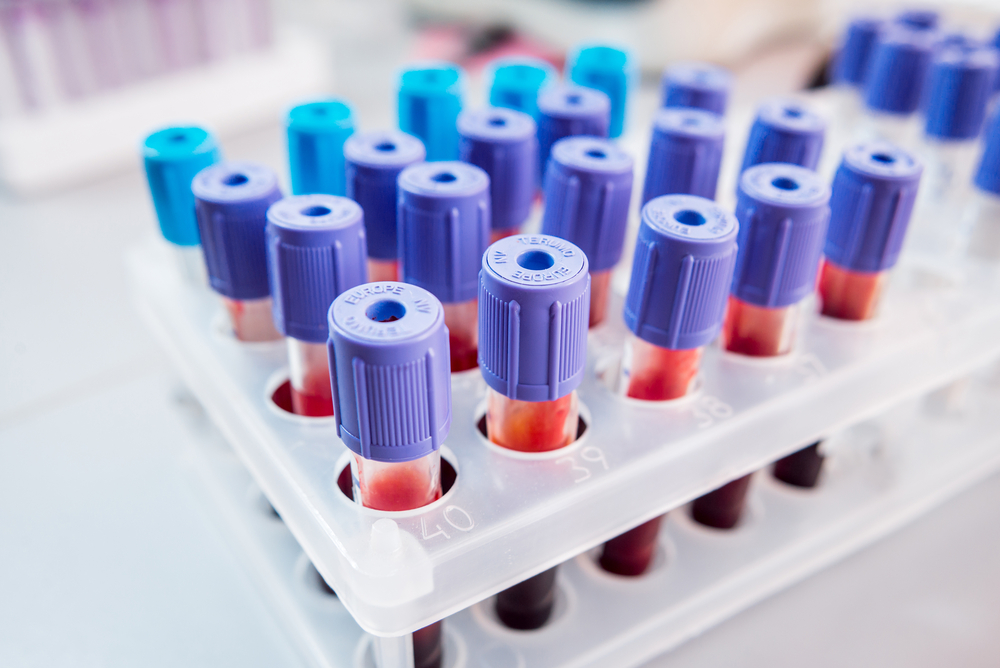First Multiple Sclerosis Blood Biomarker Discovered; Test May Soon Be Available

Scientists have discovered the first blood biomarker for multiple sclerosis (MS) – a chemical identifier in the blood.
The discovery should lead to a simple blood test that makes it quicker and easier to follow the course of MS, a debilitating disease of the central nervous system affecting around 2.3 million people globally.
Macquarie University researchers in Australia led the 12-year international effort that identified the biomarker, which will allow clinicians to determine which of the three types of MS a patient has with 85-90 percent accuracy.
The research,“Kynurenine pathway metabolomics predicts and provides mechanistic insight into multiple sclerosis progression,” was published in the journal Nature Scientific Reports.
“This is a significant discovery because it will facilitate the ability to quickly and simply make a prognosis of the three types of MS and will allow clinicians to adapt their treatment for MS patients more accurately and rapidly,” Professor Gilles Guillemin, who oversaw the study, said in a news release.
The findings may also further scientists’ knowledge of other inflammatory and neurodegenerative diseases, such as Alzheimer’s, Parkinson’s and Amyotrophic Lateral Sclerosis (ALS).
“The [blood] test itself relies on detecting compounds within a specific biochemical pathway that uses a chemical called tryptophan,” Guillemin said. “Tryptophan is known to be involved in brain inflammation, and so by increasing our understanding of how our cells process tryptophan, we will be better able to identify its involvement in many types of neurodegenerative diseases.”
Researchers found that abnormalities in the kynurenine pathway (KP) of tryptophan are associated with a switch from the early-to-mild stage of MS to debilitating progressive forms. They also realized that an analysis of KP metabolites in the serum of MS patients might be used as a disease biomarker.
“With the support of Dianti MS Pty. Ltd., an Australian company, we are currently developing a new prognostic kit with Dr Alban Bessede at ImmuSmol, France, which will help the medical profession and laboratories around the world quickly and easily identify the type of MS the patients has.” Guillemin said.
A blood test kit could be available in as little as two years, researchers said. The study’s findings could open new avenues for the development of MS therapies, and provide patients with personalized treatments.
“The unique information that we will receive from the biomarker within an individual means that it could also be possible to develop biomarker-guided personalised treatment for each patient,” said Edward Lim, lead researcher at Macquarie University, and a former MS Research Australia Postdoctoral Research Fellow at the University of South Wales in Sydney.
“MS Research Australia has been an enthusiastic supporter of this research right from its inception. We have been excited to be part of the translation of this initially fundamental research into a potential clinical test. This has the clear capacity to be the first ever blood biomarker for the prognosis of MS, and in doing so will meet one of the real unmet needs in the clinical management of MS,” said Matthew Miles, CEO of MS Research Australia.






